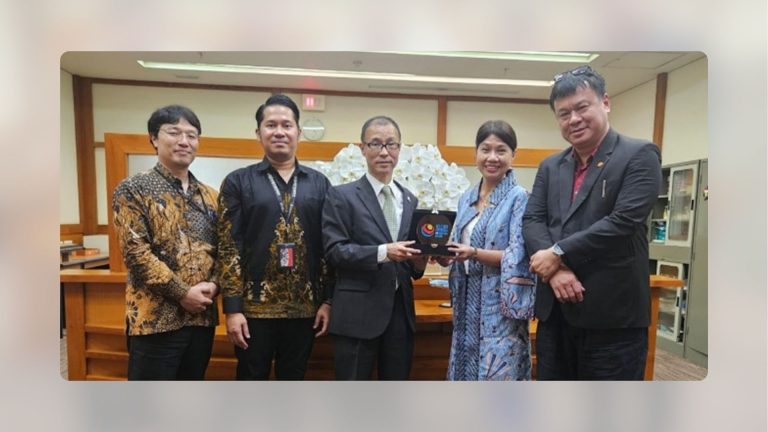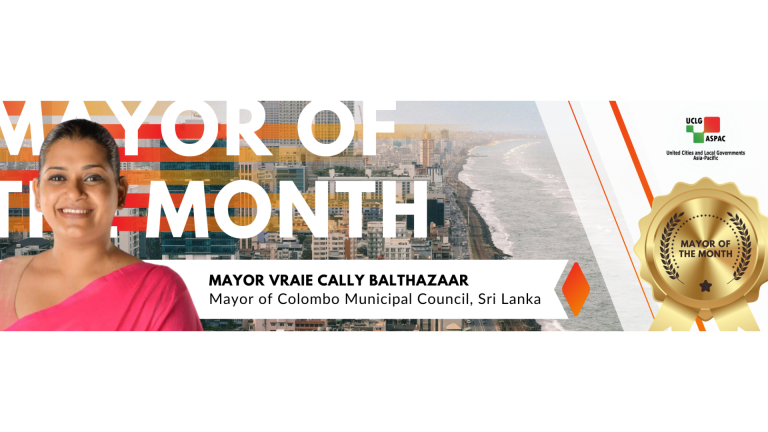Indonesia has made continuous progress in reducing the Maternal Mortality Ratio (MMR). According to the World Health Organisation (WHO), the MMR decreased from 272 deaths per 100,000 live births in 2000 to 177 deaths per 100,000 live births in 2017.[1] Local governments have played a significant role in improving the situation, as in the case of Central Java.
In 2013, Central Java recorded MMR at 118.2 deaths per 100,000 live births.[2] As the province’s populations are predominantly female, the situation also presents additional risks of low life expectancy and poor quality of life. It is not until 2016 when the situation was improved significantly through a programme called Jateng Gayeng Nginceng Wong Meteng, launched by Governor Ganjar Pranowo. The programme brought the MRR down to 88.58 deaths per 100,000 live births in 2018.
The Jateng Gayeng Nginceng Wong Meteng programme, referred to in short as “Jateng 5NG,” means “Friendly, brave and harmonious Central Java that cares for pregnant women.” The Jateng 5NG programme aims to reduce MMR through the provision of care from during pregnancy to after giving birth. The programme ensures that (prospective) mothers and babies are closely monitored and properly treated by professional medical and health staffs. This initiative enables Local health agency to coordinate with community health centre, so (prospective) mothers have easy access to health services.
The programme’s successful results prompted the United States Agency for International Development (USAID) and the United Nations Population Fund (UNFPA) to collaborate with Cental Java in 2018 and 2019 in collecting data on children, pregnant women, maternal safety and reproduction in order to improve the situation in these areas.
Recognition for this programme also came from the National Family Planning Coordination Board (BKKBN) of Indonesia. In 2019, BKKBN presented Governor Ganjar Pranowo of Central Java the Manggala Karya Kencana award for successfully improving the quality of local people’s lives in Central Java.
Central Java Province is one of UCLG ASPAC’s partners for the LOCALISE SDGs programme and has actively participated in various training activities. The programme contributes to Indonesia’s efforts to achieve SDG 5, and specifically Target 6 “Ensure Universal Access to Sexual and Reproductive Health and Reproductive Rights as Agreed in Accordance with the Program of Action of the International Conference on Population and Development and the Beijing Platform for Action and the outcome document of their reviews conferences.”
LOCALISE (Localise, Ownership and Capabilities for Agenda 2030 Local Implementation and Stakeholder Empowerment) SDGs programme, is collaboratively implemented by UCLG ASPAC and the Association of Indonesia Municipalities (APEKSI), with funding support from the European Union (EU).
**The image source: http://files.all-free-download.com/free_download_graphic_6836872.html
[1] https://www.who.int/gho/maternal_health/countries/idn.pdf?ua=1
[1] Data source: presentation of Public Health Office of Central Java (2015), entitled “Kebijakan dan Strategi Dalam Akselerasi Penurunan AKI dan AKB di Jawa Tengah” (Policy and Strategy in Accelerating Reduction of Maternal and Infant Mortality Rate)











